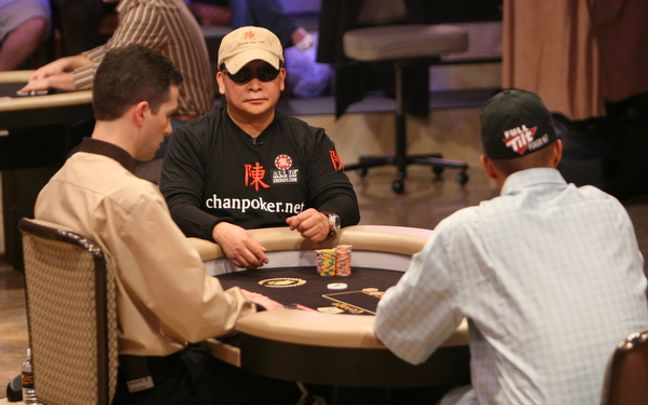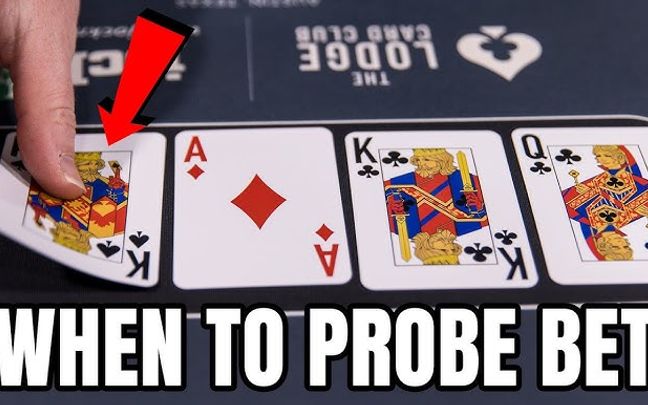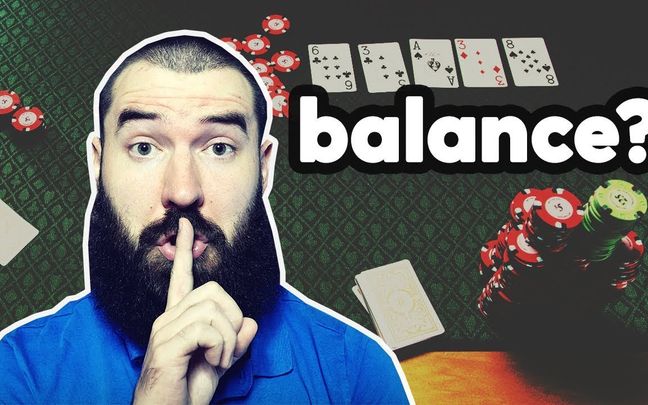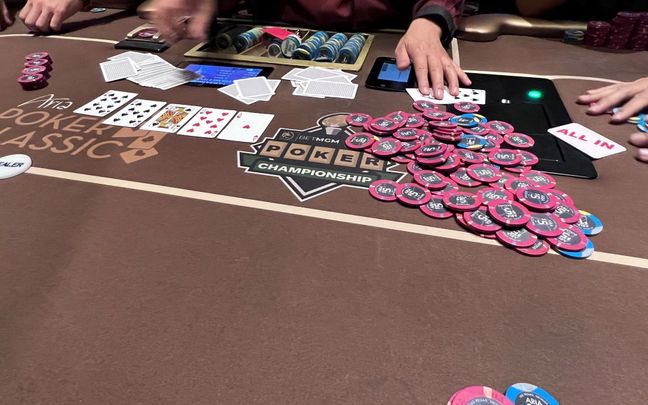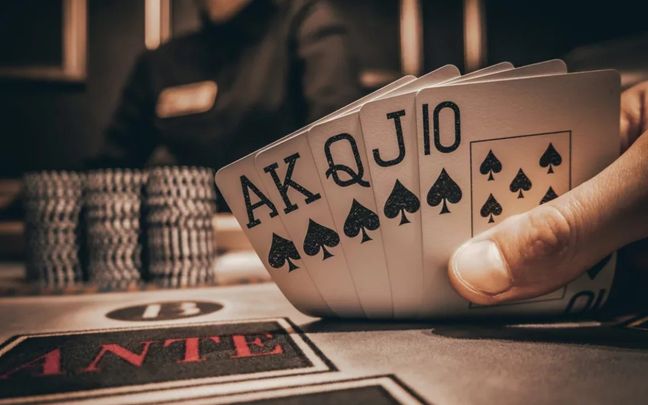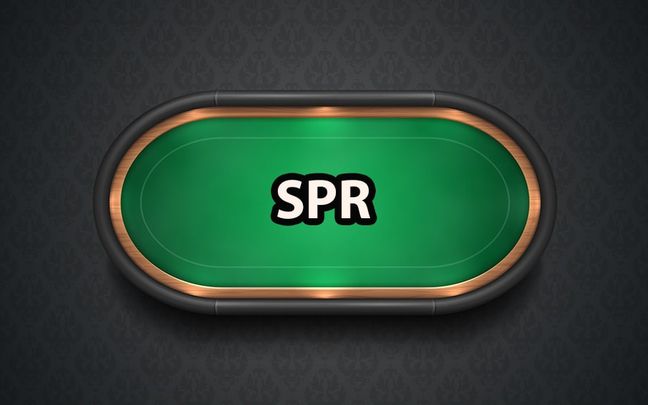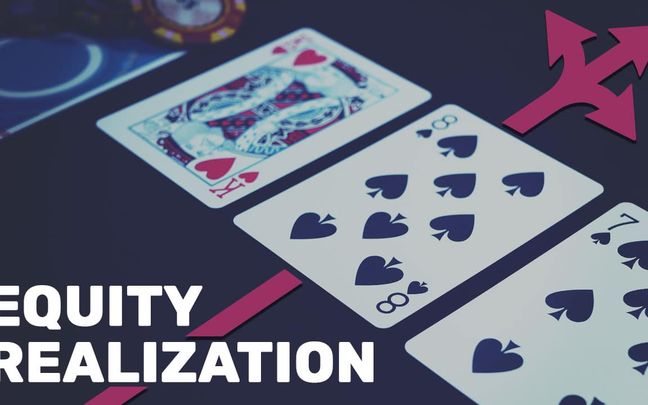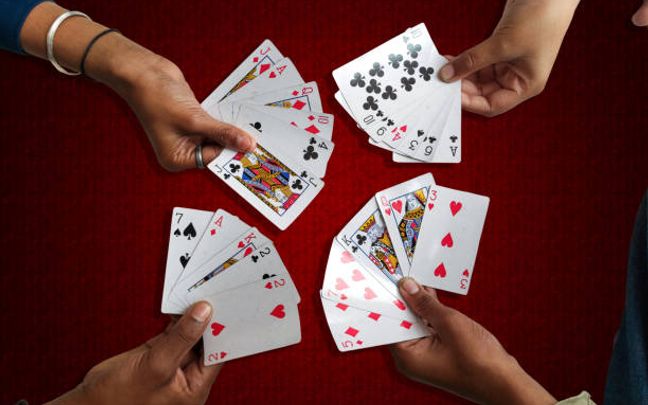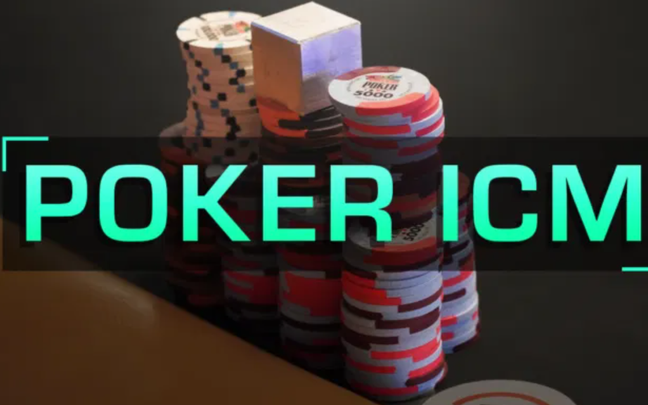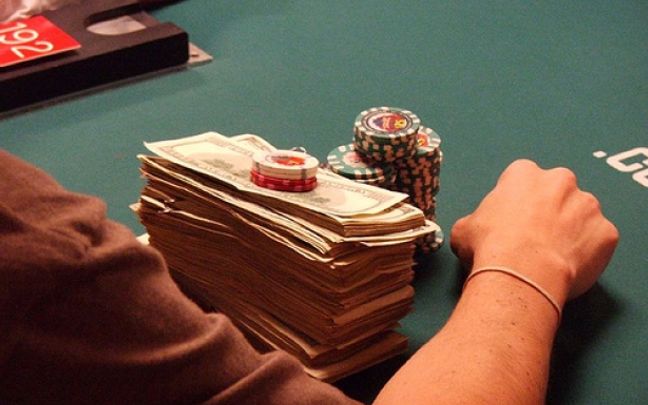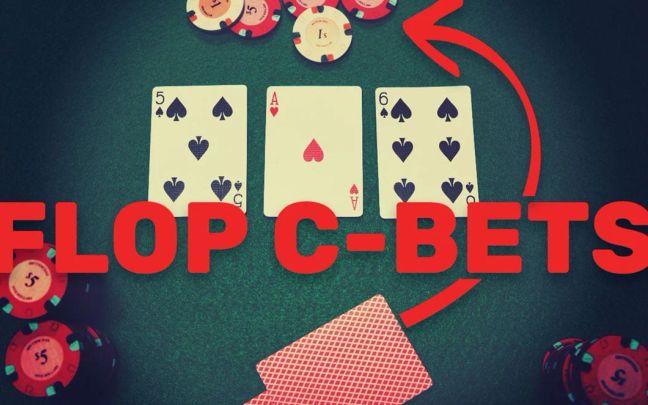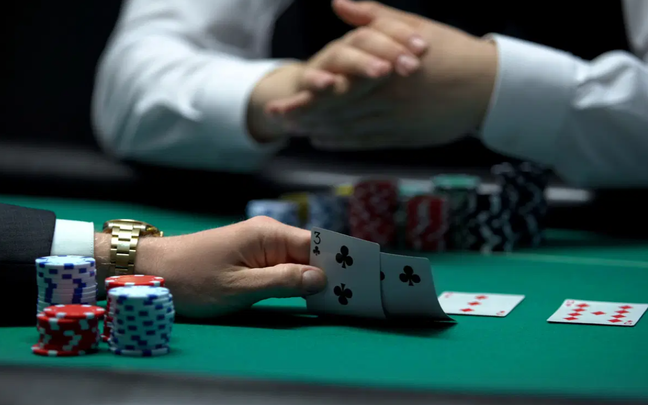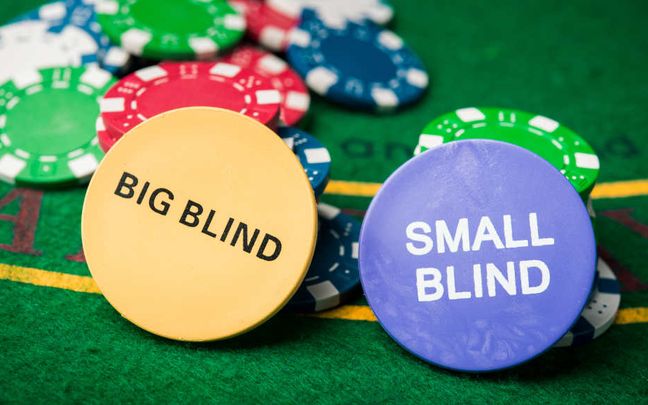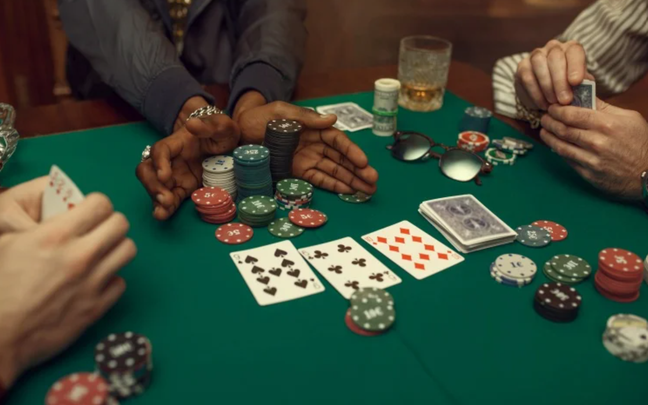The concept of placement in poker plays an undeniably important role. Placement is not merely where you sit at the table, but it also affects how you make decisions, manage your bets, and play strategies. Understanding the concept of placement in poker can be the deciding factor between success and defeat.
This article will explore the concept of placement in poker in detail; including how different positions are categorized, how important they are in building a play strategy, and how placement affects decisions throughout the game.
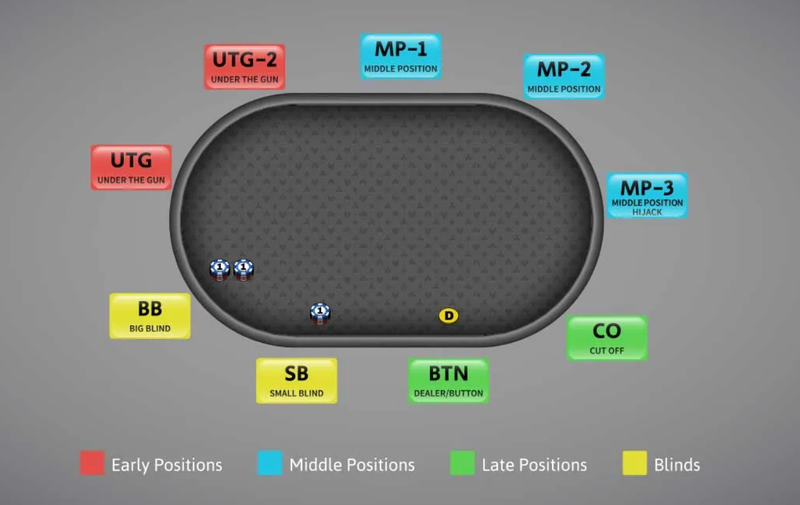
What is the Concept of Position in Poker?
The concept of position in poker refers to the order in which players act during each betting round. A player's position greatly affects their strategy and decisions. There are three main types of positions: Early Position (EP), Middle Position (MP), and Late Position (LP).
Early Position (EP)
The early position is located near the dealer's left. These positions include the small blind, big blind, and the seat right after the big blind, called "under the gun" (UTG). Players in early position must act first in betting rounds, except pre-flop when the blinds post their bets first. This is considered a disadvantage because you must make decisions without knowing how other players will act.
Middle Position (MP)
Middle position refers to the seats between early and late positions, typically ranging from UTG+1 to UTG+3. Players in middle position have the advantage of observing the actions of those in early position before making their decisions. This is considered a neutral position, offering neither a significant advantage nor disadvantage.
Late Position (LP)
Late position refers to the seats closest to the dealer's right, including the "cutoff" (CO) and the "button" (BTN). Players in late position hold the greatest advantage since they act last in each betting round, except pre-flop. This allows them to observe all other players' actions before making their decisions, enabling more precise strategies.

What is Relative Position in Poker?
In poker, especially in Texas Hold'em and Omaha, relative position refers to the relationship between your position and that of your opponents at the table. It is not a specific seat like early or late position, but rather how you evaluate your position in relation to your opponents' actions.
Position Relative to the Dealer
One key aspect of relative position is how your seat compares to the dealer's position. Players sitting closer to the dealer often have an advantage because they can gather information based on the actions of others before making their move.
Position Relative to Other Players
Your position can change depending on the actions of other players. For example, if you are in a late position and there is a strong opponent in an early position, you may need to adjust your strategy based on the opponent's capabilities.
The Influence of Position During a Hand
Relative position also involves adjusting your strategy based on whether you are facing opponents with stronger or weaker relative positions. If you are up against a skilled player in an early position, you might need to play tighter or make more cautious decisions.
Impact on Decision-Making
Relative position affects your choices on whether to bet, raise, or fold. For instance, if you are in a late position and see that several opponents have already bet or raised, you may decide to continue with only strong hands or fold if the situation appears unfavorable.
Specific Examples
- Example 1: If you're in a late position and a player before you has raised, you can use that information to decide whether to call, re-raise, or fold. If you are close to the dealer, and the previous player is loose, you might opt for a stronger play based on your confidence.
- Example 2: If you're in an early position and see that several players are in later positions, you must be more cautious because players in late positions may have stronger hands or more information about your actions.

The Importance of Position Concepts in Poker
After understanding the concept of position in poker, let's explore its significance. In poker, especially in games like Texas Hold'em, your position at the table is a key factor that influences your strategy and the outcome of a hand. Position directly affects your ability to observe opponents, choose your strategy, and manage decisions throughout the game.
The Advantage of Early and Late Positions
Early Position (EP) and Late Position (LP) have a significant impact on how you play your hands. Players in early positions must act first, which means they have less information about their opponents' actions. Conversely, players in late positions hold a greater advantage since they can observe other players' moves before making their own decisions.
Strategy According to Position
Your poker strategy needs to be adjusted based on your position at the table. For instance, in early positions, you should typically play stronger hands because you have limited information about your opponents' actions. On the other hand, in late positions, you can widen your range of hands and employ strategies like bluffing or increasing your betting frequency.
Applying Pressure and Controlling the Game
Being in a late position allows you to put pressure on the remaining opponents, as you can see their actions before deciding. This enables you to make more informed choices about whether to bet, raise, or fold. Additionally, being in a late position gives you more control over the pot size, allowing you to manage it more effectively.
Position's Influence on Different Types of Hands
Position is not only important for playing specific hands but also for engaging in general situations such as bluffing, value betting, and pot management. For example, bluffing from a late position is often more effective since you can leverage information gathered from your opponents' actions.
Mastering the concept of position in poker and understanding its significance at the table is an essential part of a winning strategy. The ability to adjust your strategy based on your position helps you optimize your chances of success and better capitalize on the various dynamics of the game.

The concept of placement in poker is not only a technical element, but also an essential part of one's playing strategy. Mastering the types of positions, understanding how they affect your actions will help you make smarter decisions and optimize your chances of winning. Whether you're a new player or already experienced, improving your position analysis and application to your playing strategy will always be an important step on your journey to becoming a good poker player.
Remember, the concept of placement in poker not only defines your position at the table, but it is also the key to unlocking your chances of success in this challenging game.

